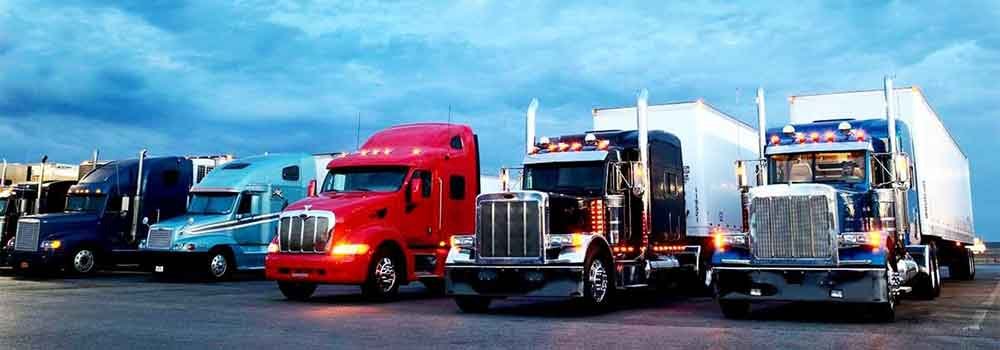Permits for operating trucks serve as a kind of legal compass for drivers. Due to the complex regulatory landscape of the transportation sector, securing such authorizations is of fundamental importance.
It aspires to inform truck drivers by providing details about several permits (DOT, trip, fuel, hauling, oversized, coast-to-coast). The goal is to make getting permits easier and give truck drivers more confidence.
This article is meant to simplify things, paving the way for truck drivers to have a firm handle on the permit puzzle. So, continue reading before you look for escort Wyoming permits.
Understanding Trucking Permits

A truck driver can’t legally operate without a valid trucking permit. These official papers ensure the ability to carry products over state boundaries and comply with all traffic laws.
Each kind of permit serves a different purpose, from trip permits guaranteeing temporary transit to DOT permits validating compliance with Department of Transportation safety rules.
Hauling licenses deal with loads that are too large or heavy, whereas fuel permits guarantee that fuel tax laws are followed. Coast-to-coast driving licenses make cross-country travel easier.
It is crucial to know which license is appropriate for your requirements. The first step in making sense of this complex procedure is to familiarize yourself with the available permits.
Decoding the Permit Categories
Regulation, safety, environment, and operations are the major categories that include trucking licenses. Regulatory permits include a broad variety of paperwork needed by local, state, and federal agencies for doing business legally.
Permits from the Department of Transportation (DOT) attest to the truck’s roadworthiness and show that it complies with safety rules. Permits for less harmful emissions and other environmentally friendly transportation options are discussed.
Permits for operations extend to the finer points of logistics, such as those required to transport oversized cargo. The routes, timetables, and budgets of the trucking industry are all affected by each category.
Truck drivers may save time and energy while navigating the complex permit system by carefully planning their operations based on an awareness of the underlying categories.
Navigating the Application Process
Accuracy in filling out applications for transportation permits is essential. Finding the appropriate permit for your shipment is the first step in a multi-stage procedure.
Compiling the necessary paperwork, including vehicle information, load requirements, and insurance information, is essential. The next challenge is turning in a properly filled-out form.
The permission, such as escort Wyoming permits, will take some time to approve, so be patient. Any rejection or delay may have severe consequences for delivery schedules and budgets.
Take the initiative and contact the relevant permission authorities early on to speed up the procedure. Completing the application process requires meticulous planning, punctual submissions, and proactive issue solutions.
Overcoming Challenges with Expert Insights
There are certain obstacles to getting a trucker license. Differing state permission requirements, cumbersome paperwork, and ever-changing laws are frequent stumbling barriers.
It often pays to get the opinion of a professional. The advice and assistance of experts in the field, permit consultants, and internet discussion groups may be invaluable.
These professionals have vast experience obtaining permits and may advise on overcoming obstacles. For instance, if you are confronted with enormous load limitations, professionals may advise you to take a different route or apply for permission.
Staying Up-to-Date with Regulations
Since trucking laws are constantly changing, drivers must keep current. Failure to keep up with ever-changing permit requirements may result in infractions, penalties, and halted operations.
Keep abreast of developments in the transportation sector by signing up for newsletters published by relevant agencies and periodicals. Permit costs, paperwork, and rules are subject to change, so it’s essential to check government websites often.
In-depth knowledge may be gained by attending webinars and courses on permit compliance. Sharing stories with other truckers is a great way to learn about the latest permit changes.
Conclusion
Permits serve as beacons in the complex landscape of the transportation industry. We’ve mapped out the complexities of several kinds of permits and given them to drivers.
Everything has been accounted for, from the DOT to coast-to-coast permits, giving drivers full faith in the system. With this information in hand, truckers can breeze through the difficulties and succeed in the permit market.
Permit management is built on categorization, application process mastery, expert advice gathering, regulation compliance maintenance, and technology application.

